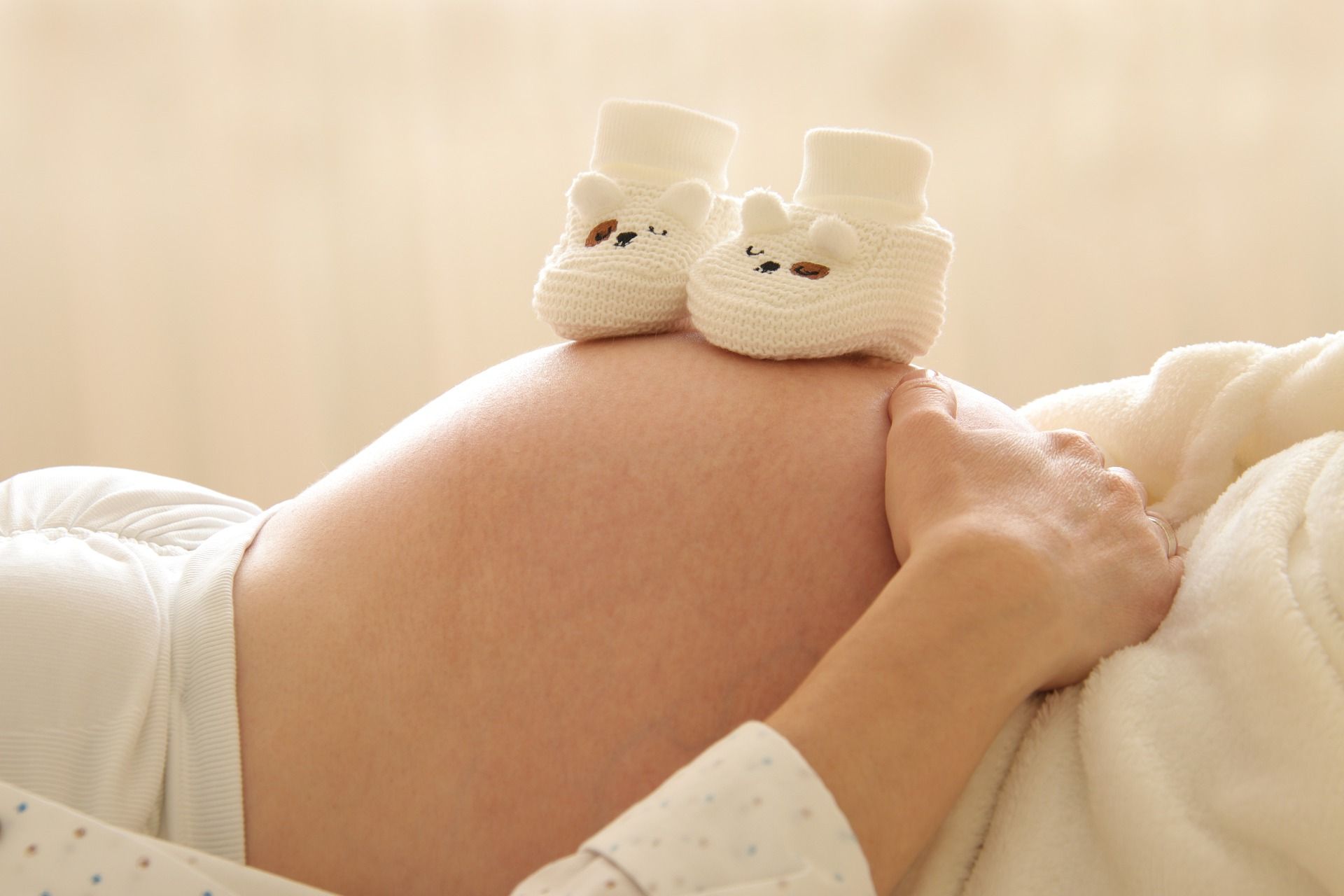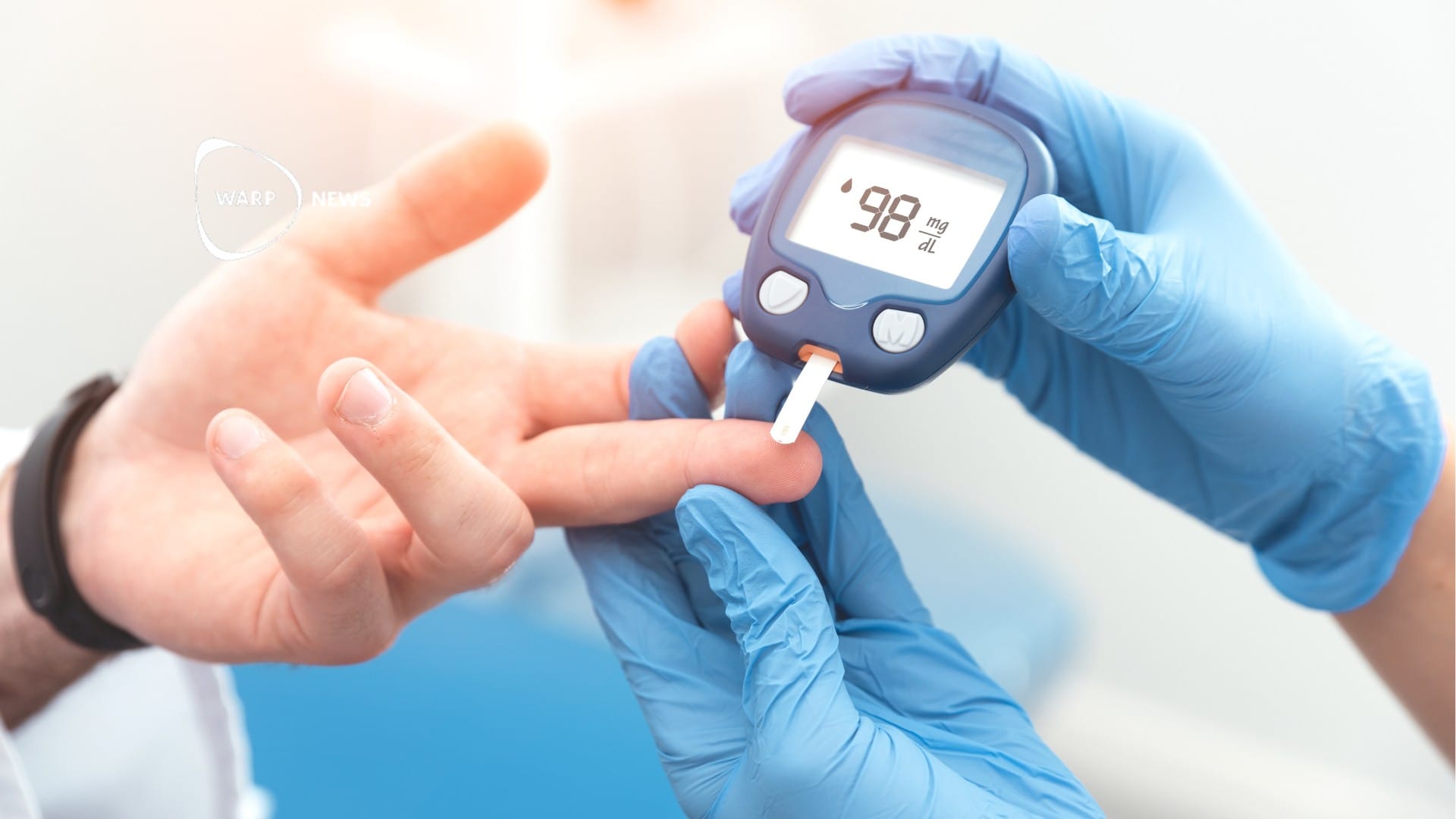
🤰 AI able to prevent miscarriage
An AI can perform lightning-fast analyzes of ultrasound images to provide physicians with information about complications that could lead to miscarriage or complications.
Share this story!
Researchers at the University of Oxford in the UK have trained an AI to predict which women that are at risk of having serious problems during pregnancy, reports The Guardian.
The AI analyzes ultrasound images of the placenta and can, based on this data, determine the risk of the baby not growing as it should. This can be done as early as the first trimester.
This analysis is usually very time-consuming, but the AI can do it just during a fraction of the time it takes a doctor. Therefore, many more women can receive this analysis, and doctors can take action early in the process if something is wrong.
The researchers focus on the placenta is because it affects the growth of the fetus throughout pregnancy. If a fetus grows slowly or stops growing, that's a sign that something is wrong.
"Many studies show that if you have a small placenta in early pregnancy, you will have a small placenta at birth as well, and a small placenta will give birth to a small baby," said Sally Collins, a professor at the University of Oxford, in a comment to The Guardian.
In addition to miscarriage, a small placenta can increase the risk of other complications such as preeclampsia (pregnancy poisoning). The AI can detect signs of complications and determine which complications it is.
The key to success is that the AI analyzes the images quickly enough to provide doctors and midwives with the information immediately during the examination.
"What we have developed is a completely automatic AI method for measuring the placenta and the blood flow between it and the fetus. This means that we now have a tool that can inform doctors about the size of the placenta and blood flow in real-time", says Sally Collins.
The researchers have conducted a pilot study with 143 women. The results were so promising that they will now go ahead and recruit 4,000 British women for a large study. If it goes well, we may soon have a new tool to minimize the risk of miscarriage.

By becoming a premium supporter, you help in the creation and sharing of fact-based optimistic news all over the world.



